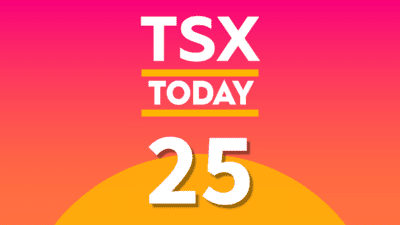It seems Canada may have avoided the housing market crash that was looming before the pandemic struck. Residential real estate prices across the country have actually increased this year, rather than dipping lower. That’s despite the record-high unemployment and record dip in economic activity.
In other words, the residential real estate market served as a safe haven for Canadian investors this year. Nevertheless, there are three reasons I remain concerned about a potential housing market crash in the near future.
Second wave
There’s been a resurgence in COVID-19 cases across the country. Despite our best efforts, provinces such as Ontario and British Columbia have reported over 100 new cases every day over the past week. Currently, there are 1,766 active cases across the country, the highest rate since May.
A second wave is well and truly underway. That means another economic lockdown could be looming. Many of the jobs and business income gained in recent months could be lost again. This reduces income for the average household and causes families to steer clear of the housing market.
Rising inventory
There’s been a flood of new housing units entering the market during the past six months. In May, four of the six largest banks in the country mentioned that the number of units listed for sale were rising faster than actual sales.
This is because immigration to Canada has dropped significantly, while construction has been ongoing at its regular pace. Regulatory restrictions on short-term rentals has also forced some investors to list their units. Rising inventories usually indicate a housing market crash ahead.
Slow economic recovery
While Canada’s economy has bounced back from the deepest recession in its history, the recovery has slowed to a crawl. Economic output and average wages are still lower than before the crisis and this could be the case for the next year or more.
That means potential home buyers and renters can afford less housing, leading to a housing market crash.
Bet on essential real estate
One way to protect yourself from this potential housing market crash is to invest in essential real estate rather than traditional housing. NorthWest Healthcare Properties REIT (TSX:NWH.UN), for example, operates clinics and medical facilities across the country. These properties should see no impact from the ongoing economic crisis.
If anything, these properties should see higher demand due to the health crisis.
Year-to-date, NorthWest’s stock is down just 3.7%. Meanwhile, the company’s dividend has remained steady. At current market prices, the dividend yield is 7%. Given the company’s average lease term is 14.4 years, occupancy is at 97.3% and 85% of its revenue is backed by public healthcare funding, NorthWest could be the ultimate defensive stock.
Bottom line
Residential real estate across Canada has performed better-than-expected despite the crisis. However, a number of emerging factors could cause a potential housing market crash in the year ahead. Rising unemployment, surging inventory and a sagging economy could all drag the real estate sector for years.
Dividend seekers could divest their residential real estate investment trusts and invest in essential properties through stocks like NorthWest Healthcare instead.






